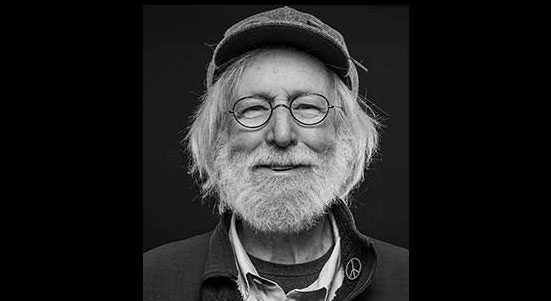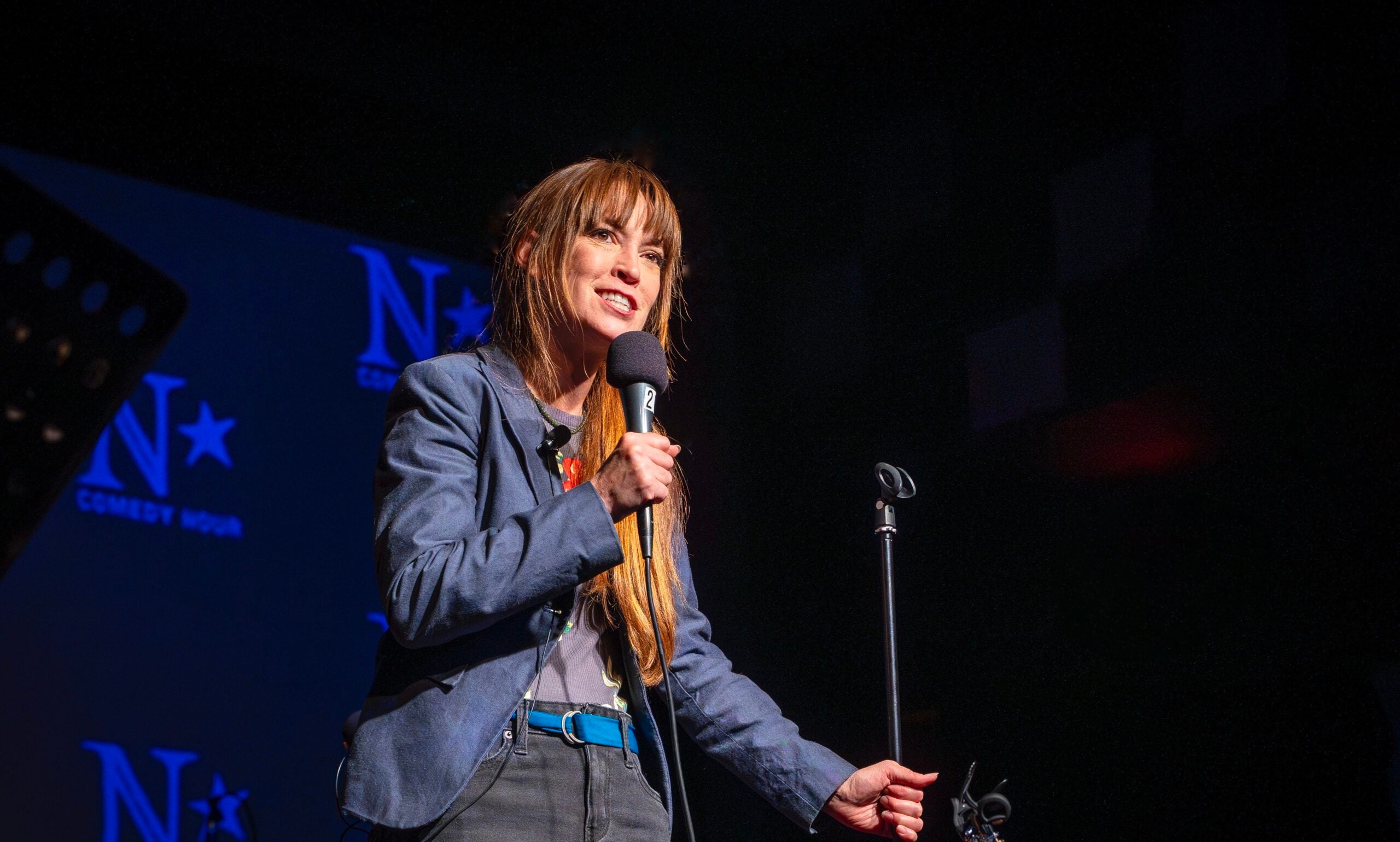Utilizing the forgotten humor tucked in dusty archives and neglected gag books, a Wisconsin poet was inspired to complete a new book that harnesses the history and important figures of the vaudeville era to examine the black identity in the U.S.
Amaud Jamaul Johnson’s new book, “Darktown Follies,” was just named one of the best poetry books of 2013 by Slate magazine.
Johnson, who is an associated professor teaching creative writing at the University of Wisconsin-Madison, said his initial inspiration for writing a series of persona poems — poems in which the “speaker” of the lines is a dramatic character as opposed to the poet — came from looking at humor, specifically ideas, themes and characters coming out of vaudeville.
Stay informed on the latest news
Sign up for WPR’s email newsletter.
“Humor exposes a great deal of our cultural moment,” he said. “So, thinking about the nature of racism in that moment, and also, kind of processing exactly what people respond to pulled me into the poems and thinking about those themes.”
As background material, Johnson said he engaged in historical research — examining old sheet music, watching performances captured on video and reading old gag books so as to discover a “sense of tone” for his work. However, this quest went beyond that, Johnson said.
“Not just thinking about their lives but trying to dream historically,” he said. “Imagining what they must have read in newspapers, the kind of conversations they had, building that sense of intimacy.
“So, then in writing a persona poem, it’s not necessarily simply a performance of voice, but really, beginning to think about who they might have been,” he said.
Johnson said the recognition his book has received so far has been gratifying.
“It’s exciting and humbling. Most of creative writing is done in private, closed doors,” he said. “The audience is invisible. There are few opportunities to know poetry readers. To see a book get that much press so soon was really a delight.”
Wisconsin Public Radio, © Copyright 2024, Board of Regents of the University of Wisconsin System and Wisconsin Educational Communications Board.







